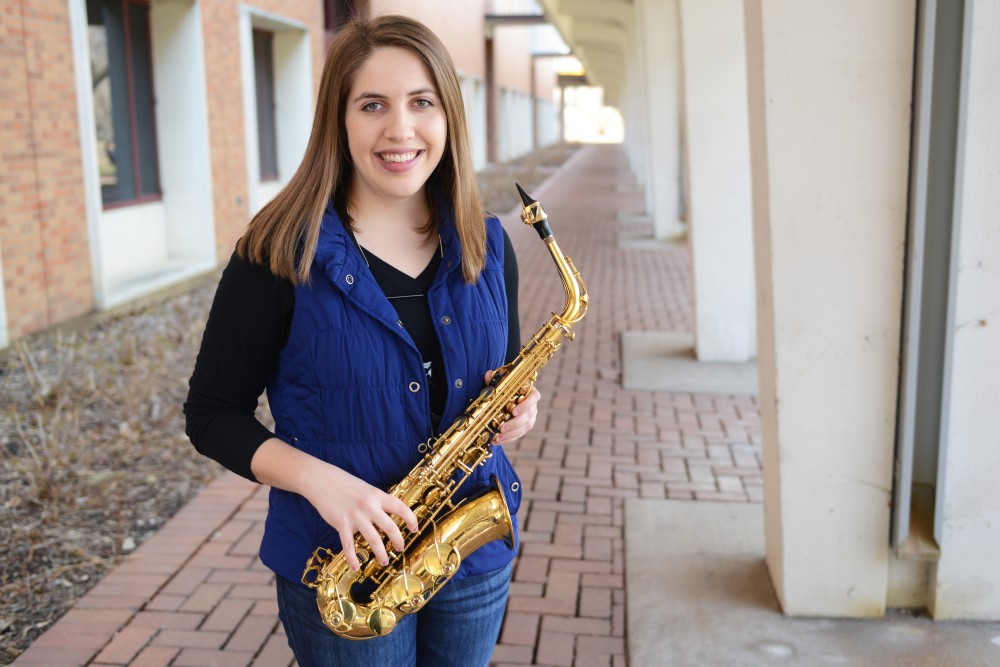Music can be a family thing —a parent stokes their children’s curiosity by singing, playing records. Others parents outright enforce 12 years of piano lessons.
Either way, musicians are of a certain breed — but none more than classical musicians, whose attitude toward music is different than a nihilistic rockstar; dedication and mastery are vital.
“My dad was a violinist and violist and was in a string quartet and two community orchestras,” Universityjunior music major Lydia Sadoff said. “Some of my favorite memories are from going to my dad’s concerts. I got music lessons when I was three and I asked for a clarinet when I was six.”
For classically trained musicians, dedication starts early and quickly. Every day is an opportunity to practice and refine one’s skills.
“The more time I dedicated to practicing the more I loved the beauty of [the saxophone] and the more I wanted to get better,” said University senior and music performance major Hannah Hickman .
Music majors at the University must be in at least one ensemble or orchestra a semester, but many music majors choose to join three, four or even five ensembles.
Being a classical wind musician goes further than just the act of practicing. There are intangible requirements as well.
“You have to truly love it,” Hickman said. “And you have to love the music more than the success. You must love it when a performance doesn’t go well or when picking up your instrument fees like a tedious task.”
The passion could be genetic or based on the disposition of the musician. Either way, most classical musicians look at music as something more than just patterns of notes and sounds.
“I think good music can change a person’s state of mind,” Sadoff said. “I’m not attached to having performing be a main source of income for me. I can see myself having an office job or working for an arts-related organization. But I need music to mentally reset me. Or calm me. Or excite me.”
A common theme for musicians is the ability to escape the blandness of everyday life through music.
“It’s a break from monotony,” Hickman said. “Work, school, stress. I think that when someone hears something they connect with that no one can discredit that. Music refreshes the mind and keeps life in perspective.”
With all the success some of these musicians have, it can be easy to believe they are prodigal or superhuman.
But many music students would see it differently.
“I attribute much of my success to [my private teachers’] teaching and their mentorship,” Hickman said. “[They] have had the greatest impact on my musicianship. More than anything else.”
Collaboration with other musicians in the program is useful in making practice more interesting or fun. It also provides tips and tricks that studious classical musicians take note of.
“It’s a supportive environment [that] keeps me thoughtful about music,” Hickman said. “We all play differently. I’m inspired by their ideas and their goals with music.”
Most people know that music is one of the most emotive forms of art. To create music is to plunder one’s emotions and give a voice to feeling.
But what they may not know is the dedication that comes with avoiding the most dangerous pitfalls of the trade.
“It takes sacrifice, time, endurance and a heart,” Hickman said. “You have to find a purpose for making music that is apart from your own glory.”














